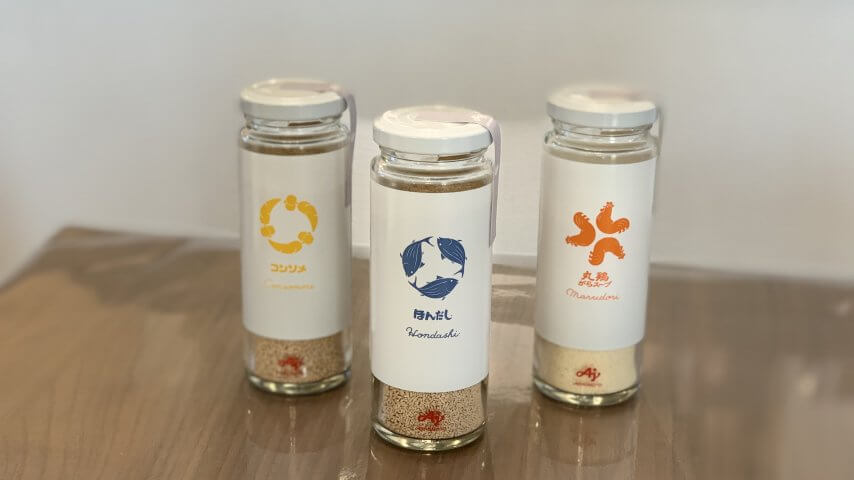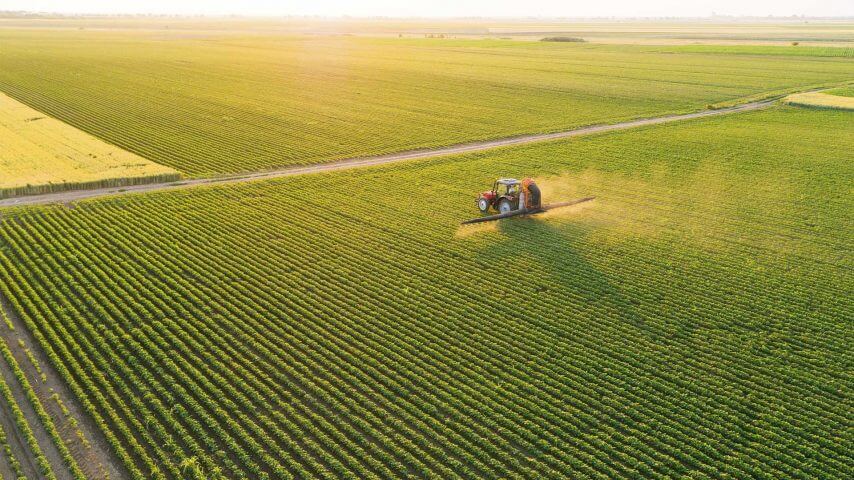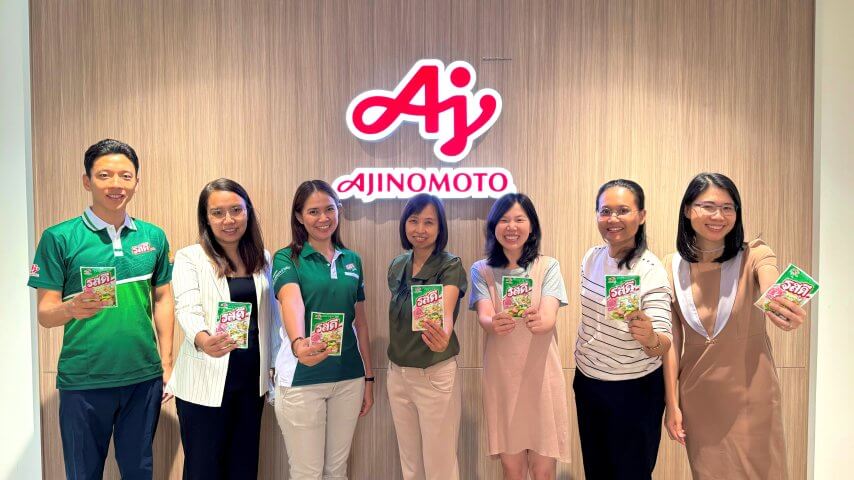Reading Time: 6 minutes
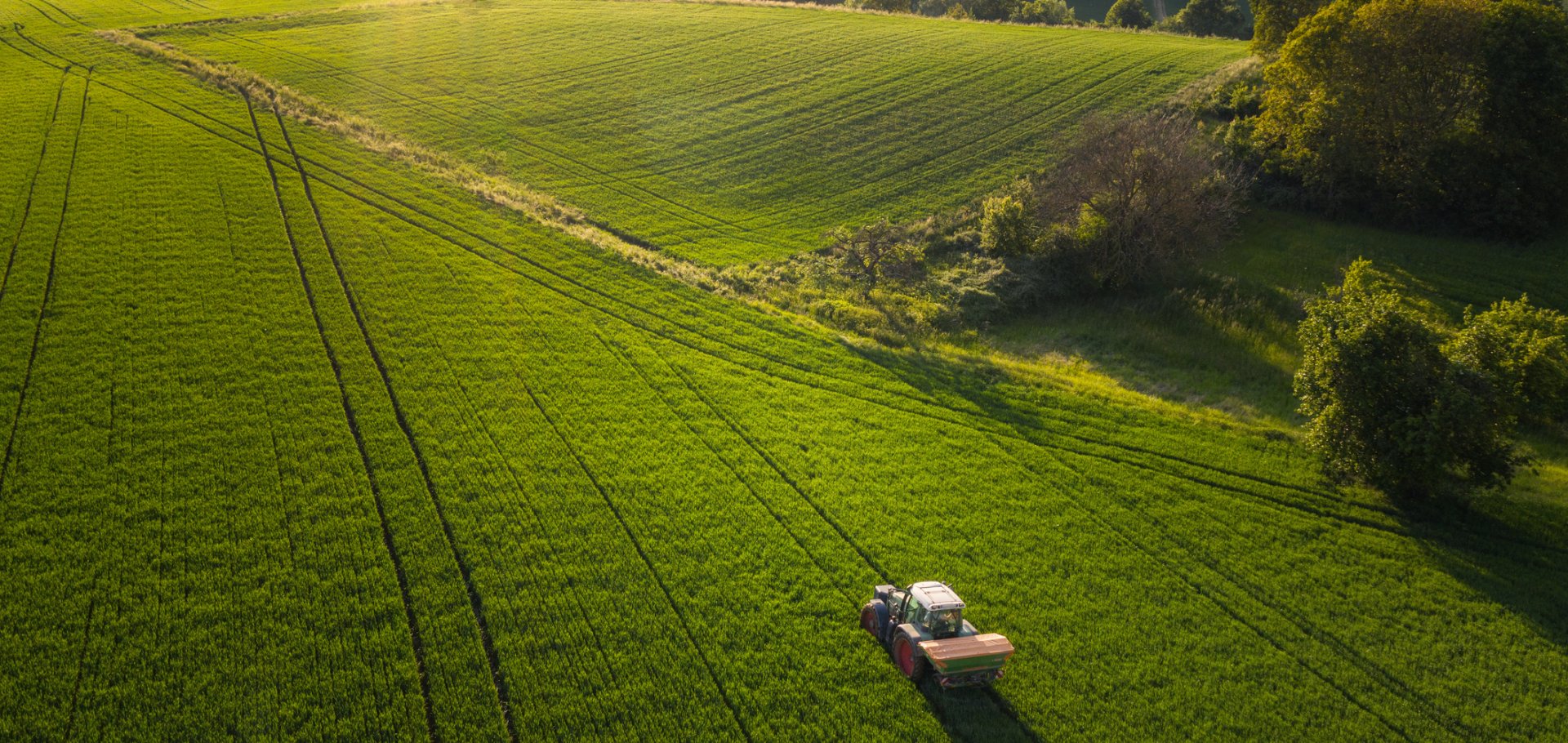
Table of Contents
The Ajinomoto Group is reshaping agrifood systems to support climate resilience and protect nature while ensuring food security for a growing world
Climate change is reshaping global agriculture. From persistent droughts to devastating floods and unpredictable growing seasons, farmers worldwide face worsening conditions even as global food demand rises. Smallholder farmers, who produce a third of the world’s food supply, are among the most vulnerable. Their livelihoods and the food security of millions are strained by falling yields, rising input costs and growing volatility in the natural systems they depend on. With the world’s population expected to reach 9.8bn by 2050, agriculture must boost productivity to meet demand, even as it works to reduce emissions and safeguard biodiversity – critical to shaping the very conditions in which the sector operates.
These mounting pressures underscore the urgent need for innovative, climate-resilient and environmentally-conscious solutions. Emerging scientific advances – particularly in agriculture technologies – offer new pathways to build resilience in a warming world. Current practices alone cannot bridge the widening gaps between rising food demand, worsening climate impacts and agriculture’s adaptation capacity. The imperative is clear: the agrifood system needs a transformation powered by science and collaboration that balances environmental, social and economic goals.
The next five years are critical for climate adaptation, as breaching the 1.5°C global warming limit will greatly increase the risk of severe and potentially irreversible climate change impacts. Long-term resilience requires systemic change driven by inclusive partnerships and bold, science-based innovation. With transforming agrifood systems as a focal point at , world climate leaders have the opportunity to advance practical, scientific innovations and build partnerships that advance innovations to support the decarbonisation of agriculture, improve nutrition, protect nature, and ensure healthier outcomes for people, planet and communities.
“AminoScience”: a science-driven path forward
One of the promising tools being explored to address challenges related to environmental pressures and agrifood systems is amino acids. As the basic building blocks of proteins, they are primarily known for their role in nutrition, but new applications are emerging as part of the transition to lower-impact, more resilient, and sustainable agrifood systems. Advances in microbial science, plant physiology and livestock science have expanded the use of amino acids into biostimulants that help plants improve crop resilience to extreme weather . According to 2025 research, amino acid-based solutions have the ability to help improve feed efficiency, lower farming’s environmental footprint and support farmers and ecosystem health.
These innovations reflect a broader trend in using biological approaches to improve soil health, lower agricultural emissions and enhance nutrition. The Ajinomoto Group, a global food and biotechnology company, has long advanced “AminoScience” a science-based approach built over 100 years of innovation. Today, this approach is being applied to support nutrition, food production, and efforts to support environmental goals such as greenhouse gas emissions reduction and waste reduction.
Supporting cassava farmers through the Thai Farmer Better Life Partner project
For example, as rising temperatures and erratic rainfall threaten staple crops worldwide, Thailand’s cassava sector offers a microcosm of the broader climate risks facing global agrifood systems. In Southeast Asia alone, climate models project cassava yields could drop by up to 21 per cent by mid-century, mirroring the pressures already straining food security, livelihoods and supply chains in vulnerable regions around the world. With these climate pressures intensifying, approaches like “AminoScience” are being applied to help strengthen resilience at the farm level.
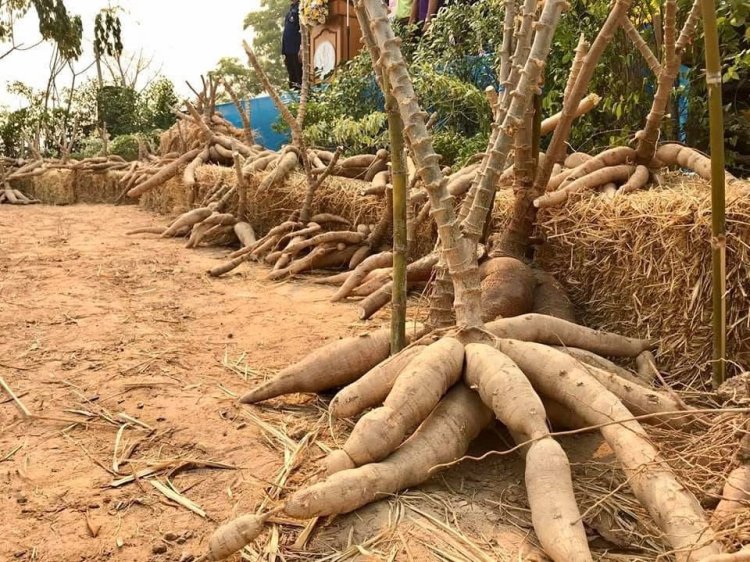
Cassava, a drought-tolerant root crop, is both a staple food and a key industrial input in Southeast Asia, used in biofuels, paper and amino acid fermentation. Thailand is one of the world’s top exporters of cassava, but the crop’s future is uncertain. Smallholder farmers face rising threats from climate stress, soil degradation and diseases like cassava mosaic virus. These risks threaten rural livelihoods and the supply chains supporting bio-based industries.
In response, the Thai Farmer Better Life Partner project was launched in 2020 in collaboration with the Ajinomoto Group, Thailand’s Land Development Department, and the National Science and Technology Development Agency. This public–private initiative has supported over 8,000 sallholder cassava farmers by combining scientific expertise with local engagement. Free soil diagnostics identify nutrient deficiencies, while more than 15,000 virus-free cassava plants have been distributed to reduce disease losses. Farmers receive training on soil management, diseasecontrol and climate-adaptive techniques, with trial plots fostering trust and adoption.
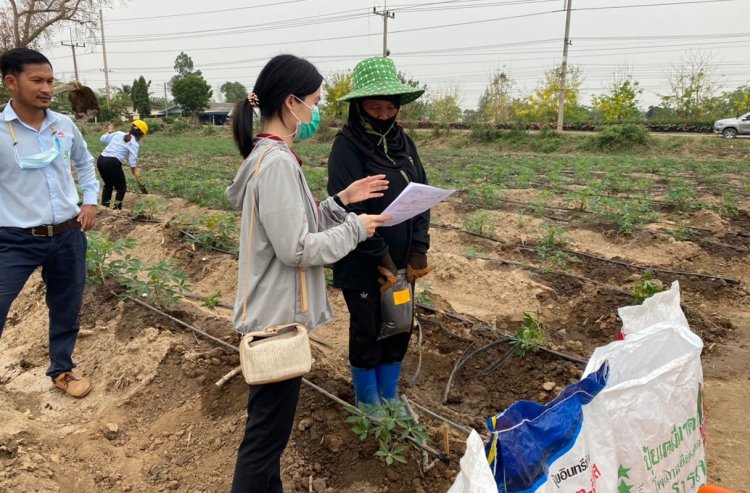
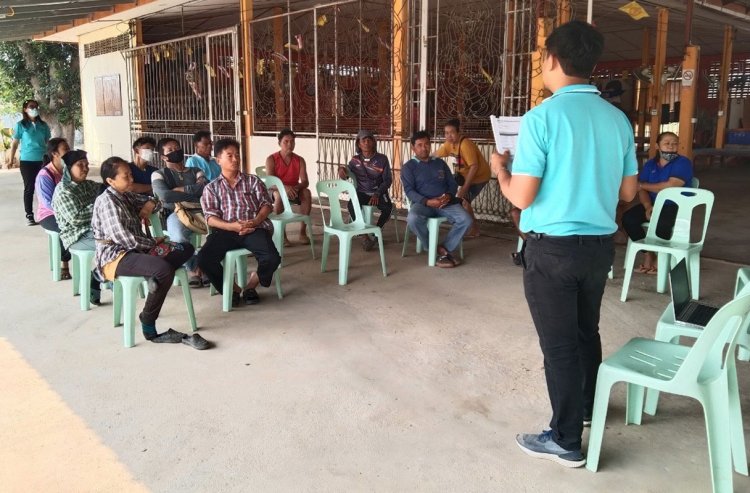
This project is both a strategic and sustainability-driven effort by the Ajinomoto Group. About 15–20 per cent of Thailand’s domestic cassava starch supply is used in the Ajinomoto Group’s amino acid fermentation, making supply chain security critical to operations. At the same time, the initiative aligns with the company’s broader goals to reduce environmental impact and enhance rural livelihoods.
The Thai Farmer Better Life Partner project embodies a circular bioeconomy model, aiming to reduce waste and improve resource use. By collaborating with suppliers who develop tapioca starch from the cassava and repurposing nutrient-rich amino acid fermentation co-products into fertilizers, the Ajinomoto Group demonstrates how “AminoScience” supports both cassava yields increase and environmental benefits. Last fiscal year in 2024, over 15,000 tonnes of cassava grown through the program were sold, leading to higher farmer incomes and improved traceability, which is expected to contribute to lower Scope 3 emissions associated with raw material sourcing, though measurement is ongoing.
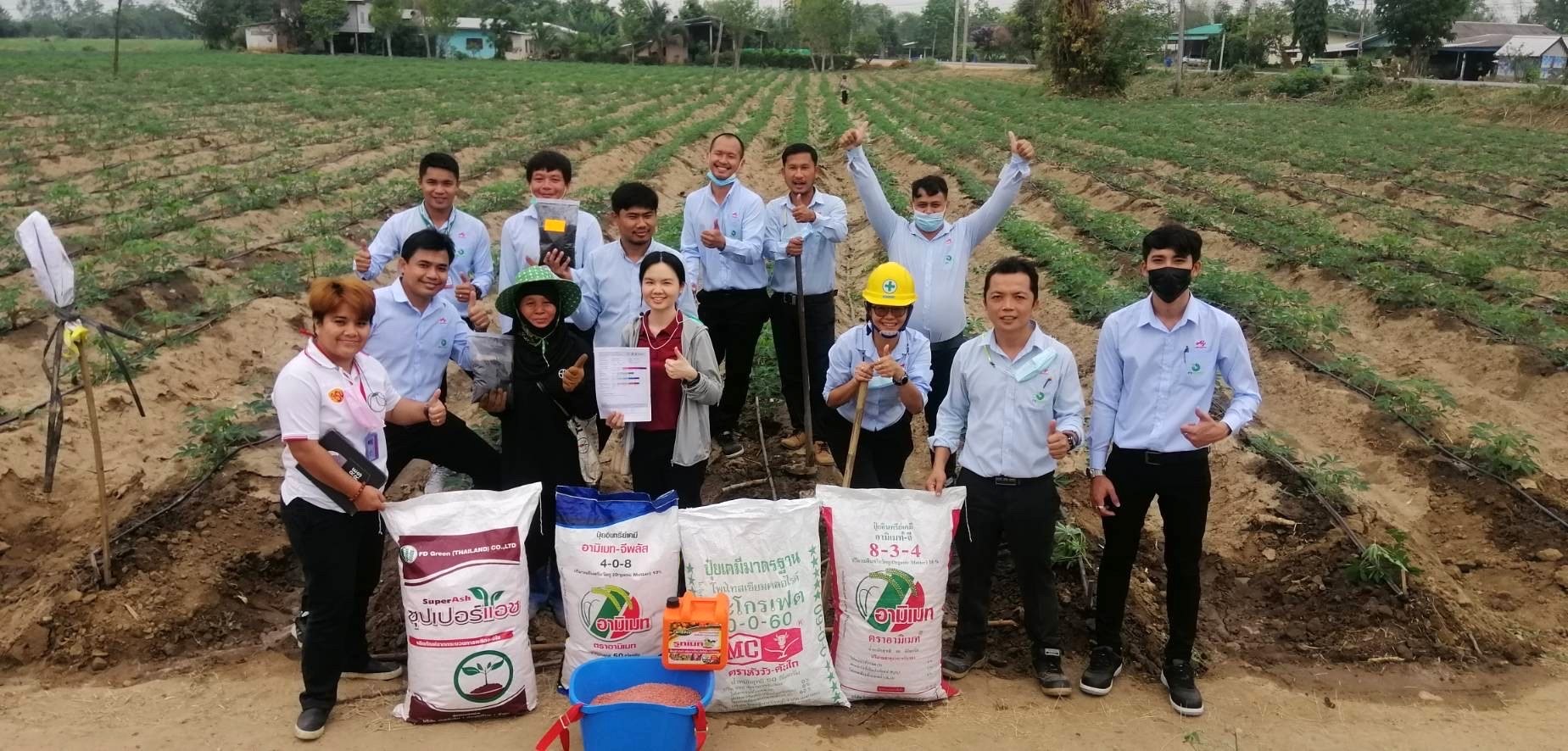
Building resilient agrifood systems
As the world faces the dual challenge of feeding a growing population and protecting the planet, increasing agricultural productivity must go hand in hand with improving nutrition, conserving biodiversity and reducing emissions. Achieving this balance requires sustained investment in science-based solutions and collaboration across sectors, borders and institutions.
With over a century of innovation in amino acid research, the Ajinomoto Group is applying “AminoScience” to improve agricultural practices, enhance nutrition, reduce emissions, and support communities. These efforts contribute to the company’s goal of halving its environmental impact by 2030 and achieving net-zero emissions – balancing greenhouse gas emissions with those removed from the atmosphere – by 2050 while advancing broader sustainability goals across the agrifood system.
*This content was paid for and produced by the Ajinomoto Group in partnership with the Commercial Department of the Financial Times.


